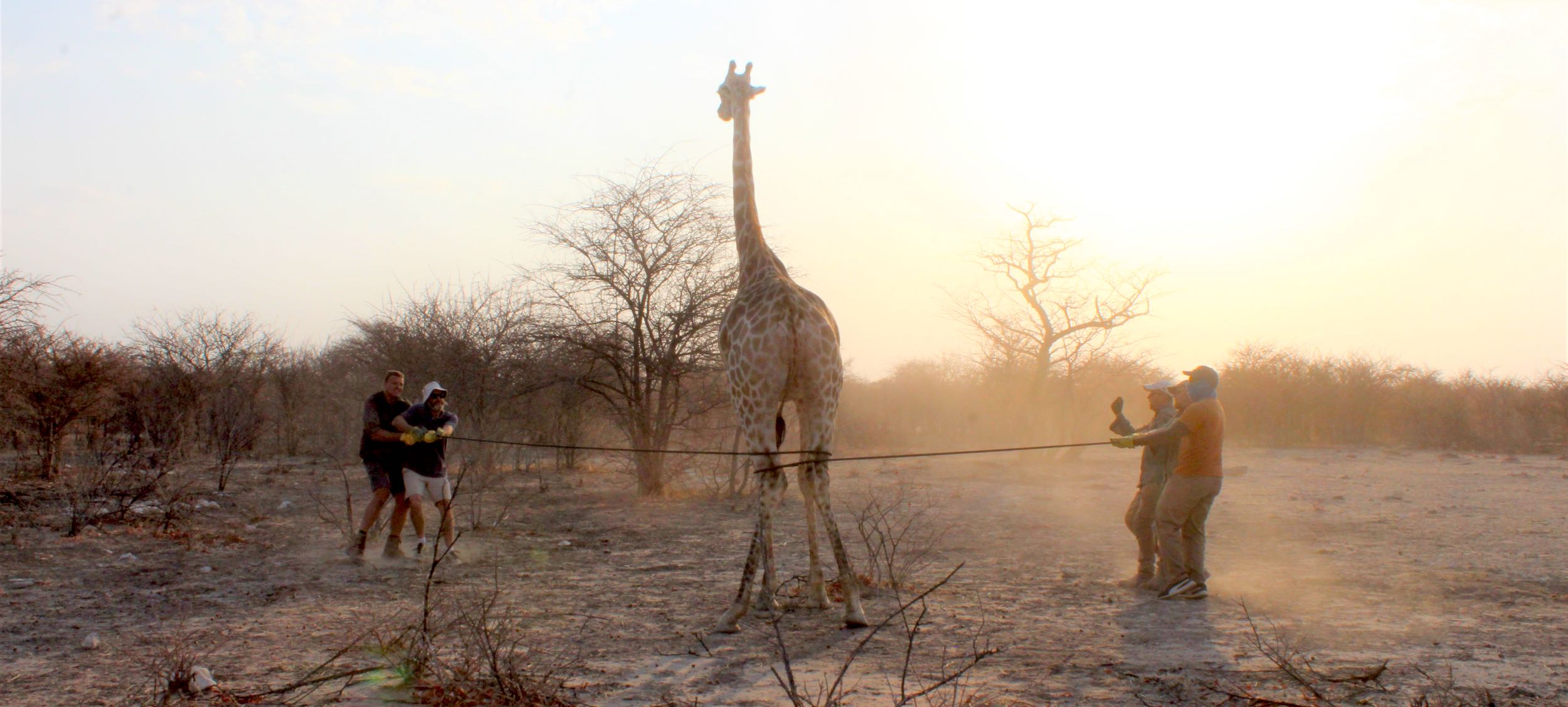

Namibia's Biodiversity Research Centre - Using Applied Research to Support Conservation Decision-making
NUST Biodiversity Research Centre
The Namibia University of Science and Technology (NUST) started a Master of Natural Resource Management (Nature Conservation) programme in 2015 that was based on a relationship between the nature conservation programmes at the university and the biodiversity conservation sector in Namibia. This paved the way for establishing the new Biodiversity Research Centre (BRC), officially approved in 2019, that includes doctoral (PhD) and master's student research. Students who study through this centre must design and implement a research project, resulting in a master's or doctoral thesis. Many of these theses lead to peer-reviewed scientific articles, making them available to an international scientific audience.
I believe that this programme has a critical role to play in Namibia's modern conservation landscape. Allow me to elaborate in classic lecturer fashion. It seems as if conservationists and park managers have forgotten an old conservation principle that their forebears once relied upon, like a grandma that was once heeded for advice, but is now all but forgotten as she languishes in an old age home. That principle is data driven decision-making, let's call her Granny Data for now. She is an unflappable, consistent and brutally honest voice in a sea of emotional and sometimes greedy conservation agendas.
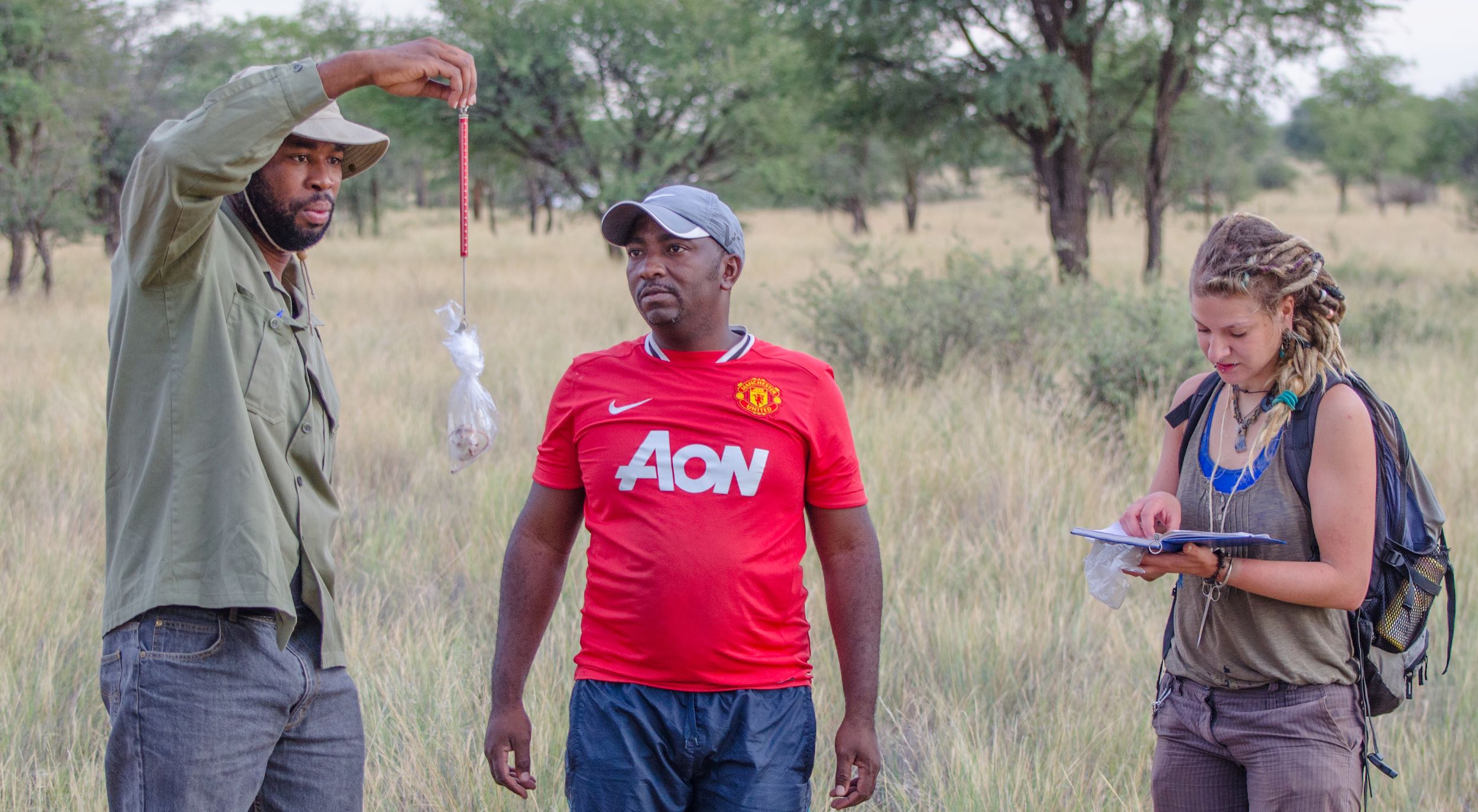
NUST's new Biodiversity Research Centre (BRC) is fetching Granny Data from the basement. We seek to combine the need of post-graduate students to conduct research with the need of the conservation sector to have more empirical data upon which to base their decisions. These include monitoring their current activities to gauge success and suggest changes where needed, or to find solutions for a particular biodiversity conservation problem. Gone is the classic university model of … inventing solutions in the lab, throwing them over the wall and hoping they meet a passing problem.
As part of our mission, the BRC is collecting empirical evidence on important conservation topics such as the sustainability of hunting, population health of endangered and rare species and the effectiveness of environmental impact management, to name a few. Sadly, debates on these topics are dominated by armchair conservationists, eco-entrepreneurs, braai-fire commentators and keyboard ninjas, while leaving Granny Data a distant memory. We want to change that.
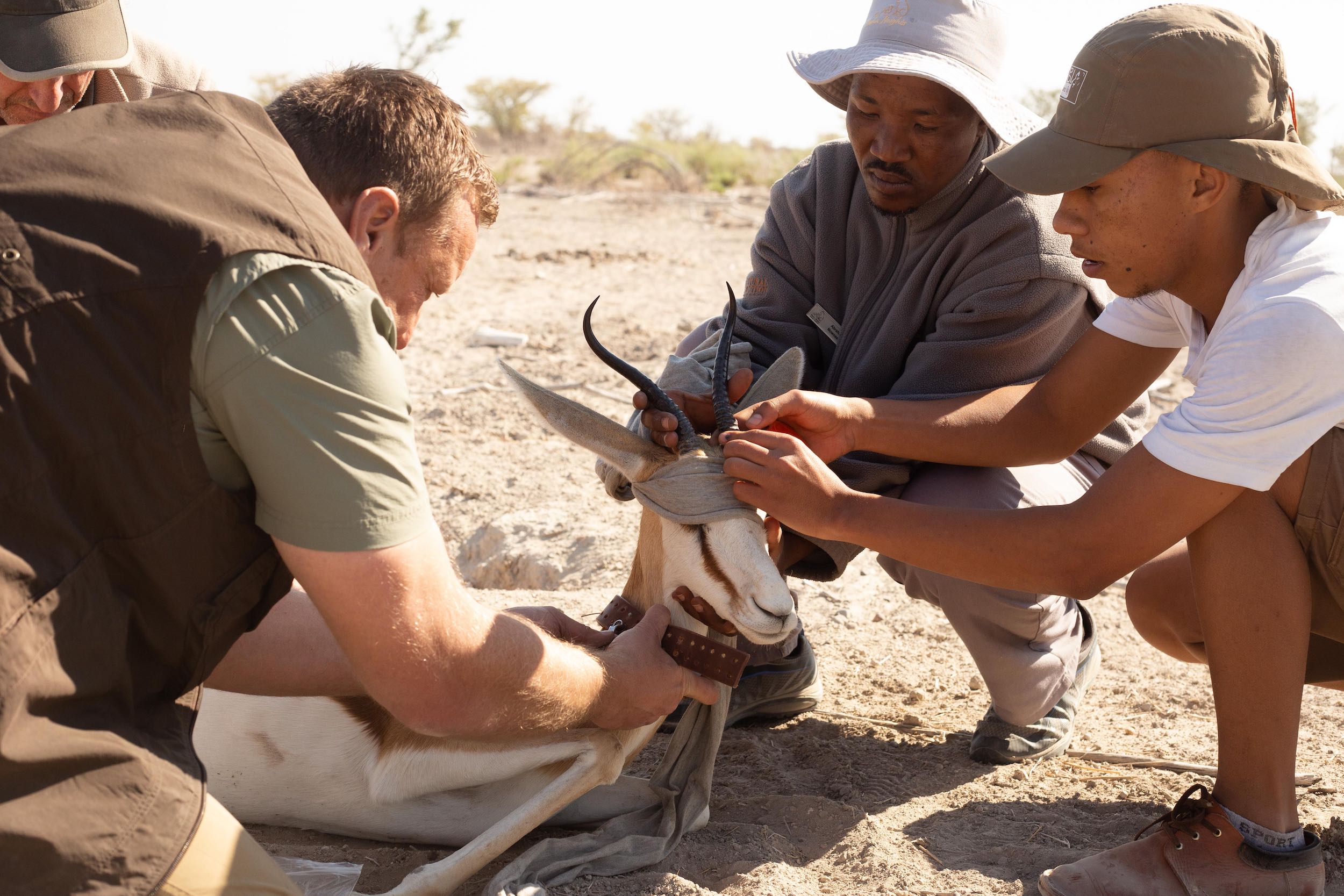
The BRC provides more than just biological and ecological expertise. Part of the centre's magic stems from its multi- and trans-disciplinary approach. For example: the Faculty of Computer Science contributes to wildlife population data management and camera trap image auto-analysis, the Department of Emergency Medical Care look at first aid for field rangers, while the Electronic Engineering Programme are starting to experiment with wildlife telemetry equipment. By bringing ideas and approaches from these diverse disciplines together, we can provide fully integrated solutions to real-world conservation problems.
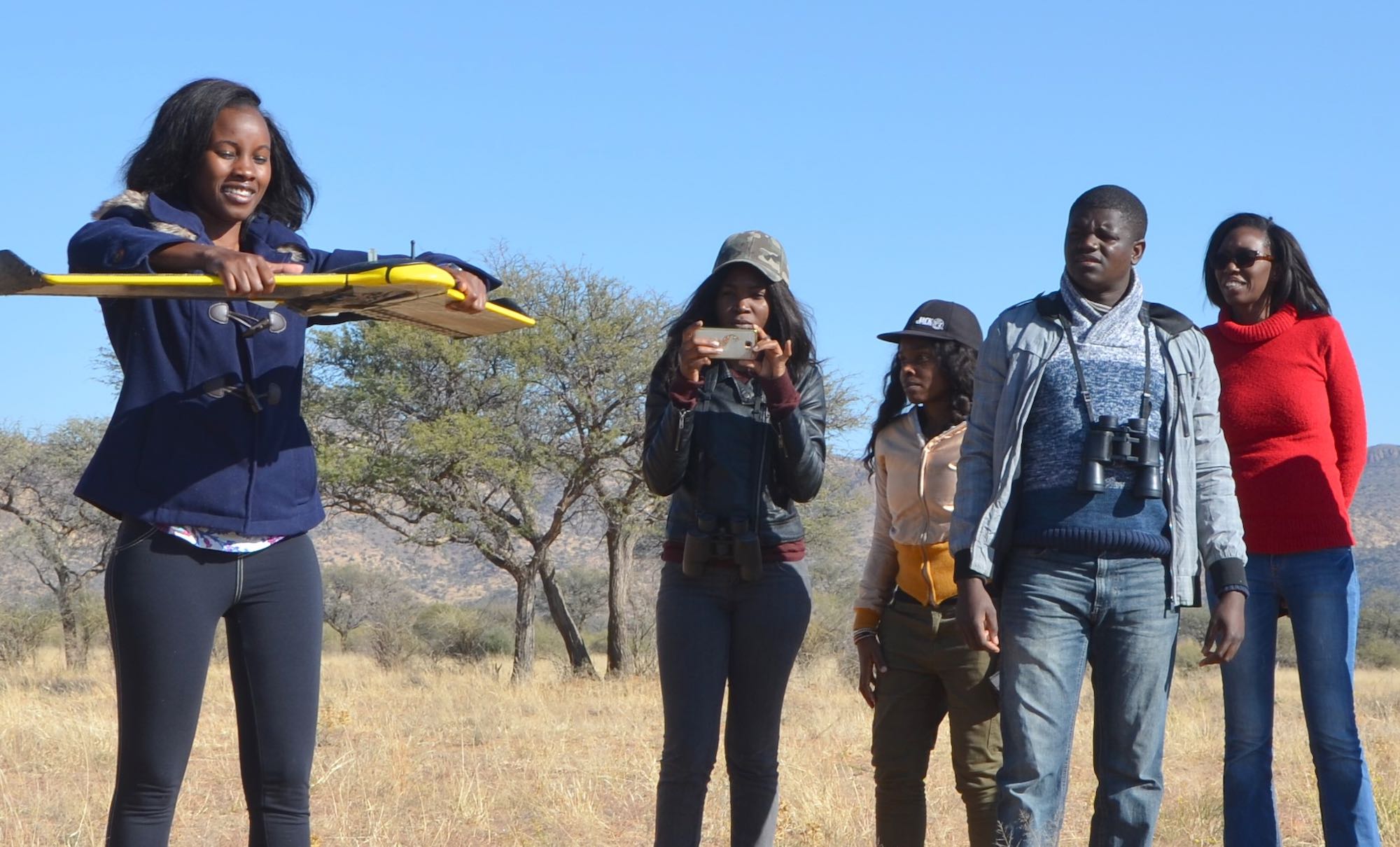
Yet I still hear some ask – what about the quality of the research produced by our master and PhD students? Let's be honest, Namibian society is sceptical, since studying in Namibia is perceived to be a last-resort option for students not able to afford or not academically strong enough to get into international universities. The BRC is determined to shatter that perception. Our students are often co-supervised by international experts from top universities and institutions, including Ivy League universities from the USA and the big 5
institutions in the UK and across Europe. Namibian students who studied abroad at undergraduate level are now returning to pursue their master's or PhDs through the BRC. These students have thus judged us favourably. But reader, I suggest that you judge the quality of the research for yourself. Student theses are available on request.
For articles on similar topics, please click one of the following options:
If you enjoyed this page, then you might also like:
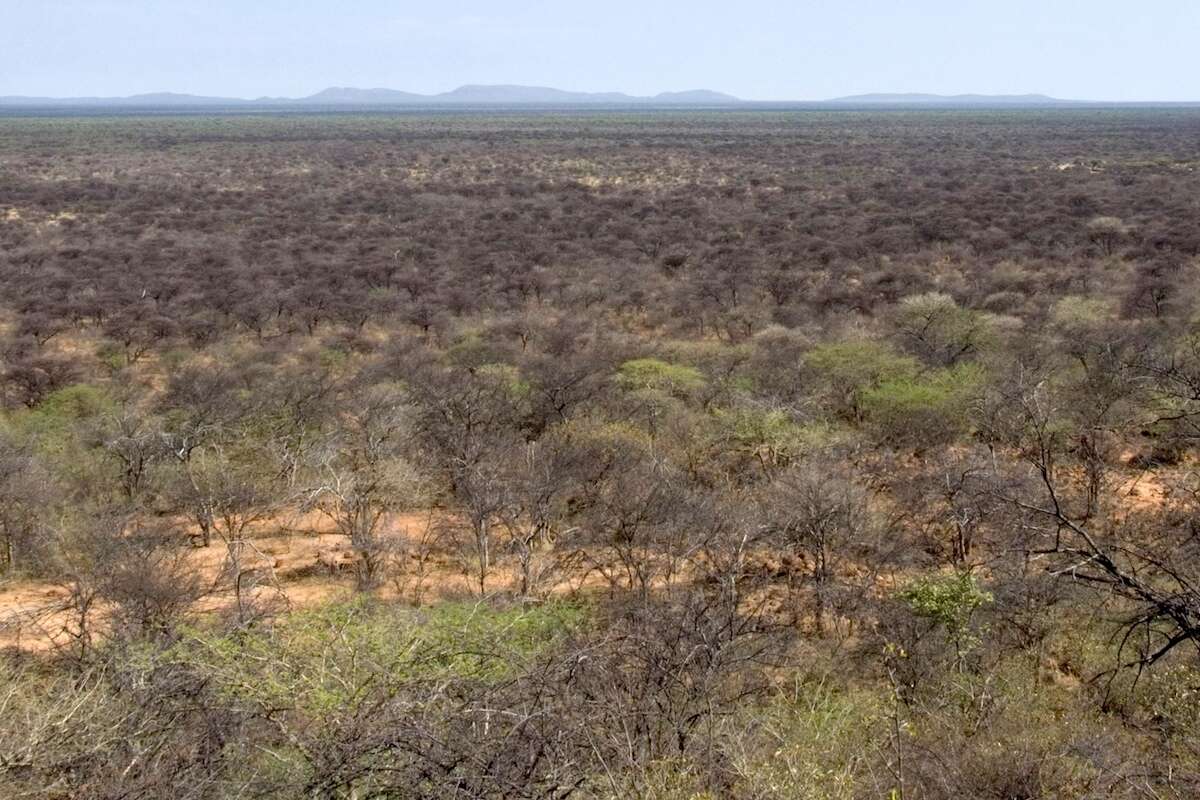

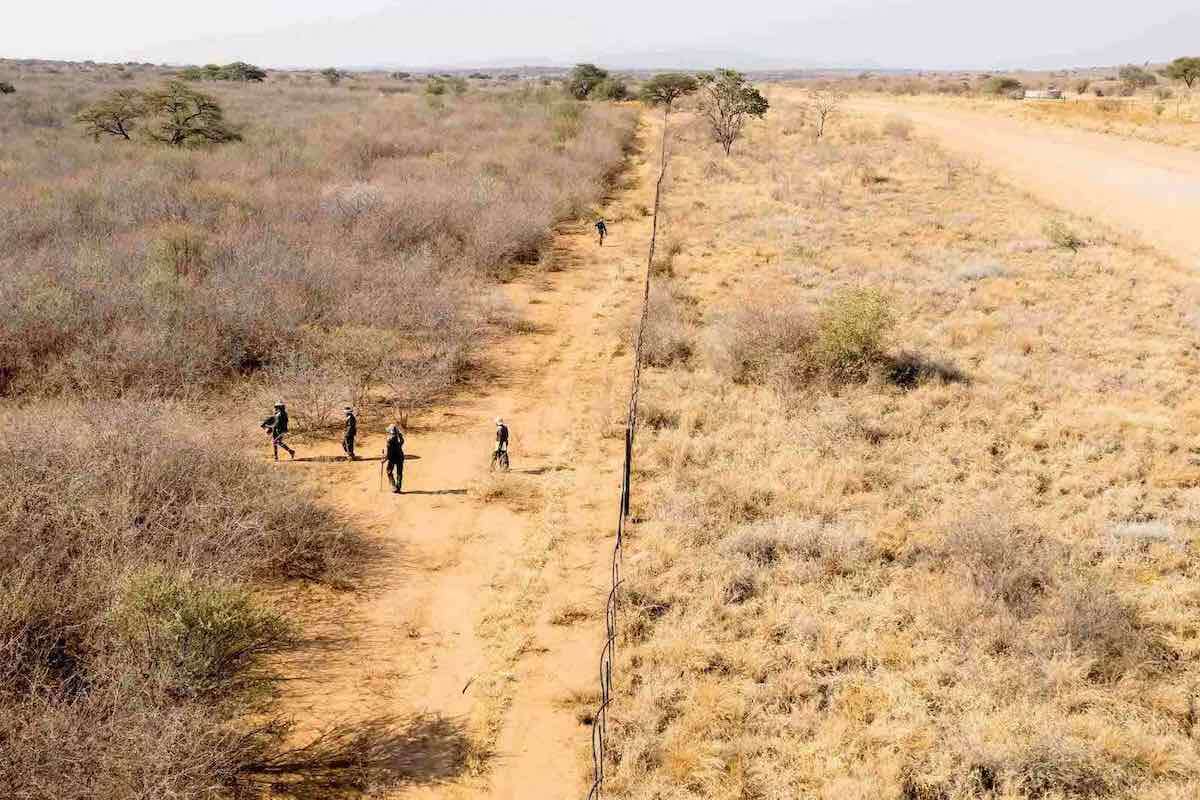

The NUST Biodiversity Research Centre produces quality trans-disciplinary research to support data-driven decision-making for wildlife management and conservation. We welcome school learners who are considering a career in biodiversity or conservation field to visit the centre. The post-graduate students will gladly demonstrate their work and share their experiences. Like us on Facebook to stay up to date with our research projects.

Prof. Morgan Hauptfleisch is the principal of the Biodiversity Research Centre at the Namibia University of Science and Technology. He lectures in Ecology, Rangeland and Wildlife Management and Natural Resource Management and is currently involved in research on the topics of environmental impact assessment, human wildlife conflict, wildlife census and sustainable wildlife management. He serves on the board of the Southern African Institute for Environmental Assessment and the council of the Namibian Chamber of Environment. If you would like more information on the BRC, you can contact Morgan at mhauptfleisch@nust.na.
We use cookies to monitor site usage and to help improve it. See our Privacy Policy for details. By continuing to use the site, you acknowledge acceptance of our policy.